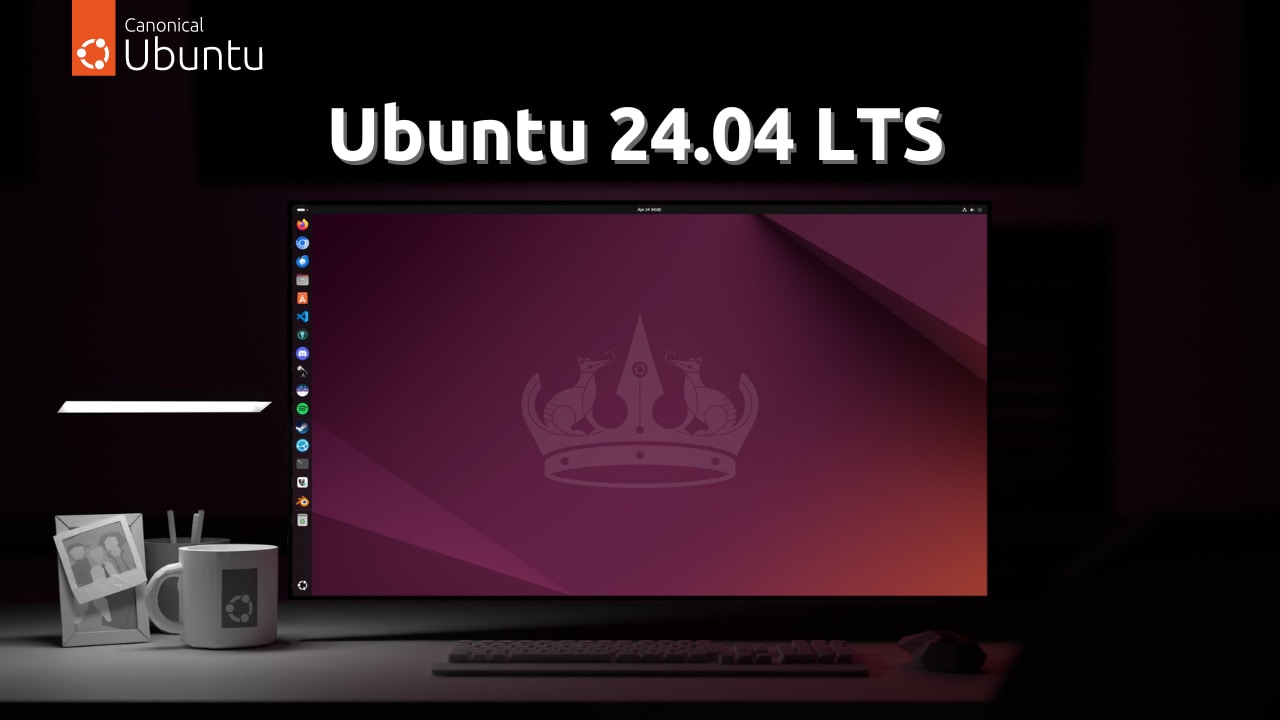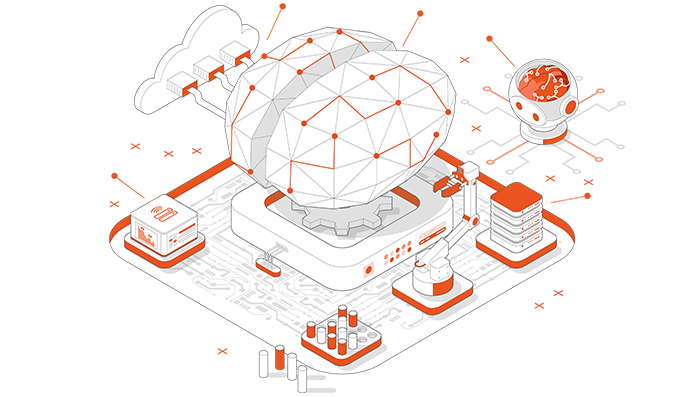Canonical Ubuntu


The number one open source operating system powering millions of PCs and laptops around the world.
If you’re using Ubuntu for work, IT admins can manage Ubuntu PCs in mixed estates with the tools they’re already using.
Ubuntu on PCs
Use Firefox, Chrome, Discord, Steam, OBS Studio, LibreOffice with Microsoft Office compatibility, and more — for everything you want to do, Ubuntu has what you need.
Bring Ubuntu to your organization
Lower the complexity and cost of running a Linux desktop estate using Canonical’s in-field automation and monitoring tool, Landscape - included in Ubuntu Pro.
Canonical, the publisher of Ubuntu, is committed to working closely with Dell to optimise and certify Ubuntu on their laptops and PCs.
Microsoft Intune on Ubuntu enables custom policy compliance and gated access to corporate resources via the Microsoft Edge browser. Ubuntu also supports critical business and administration applications such as Powershell and Microsoft Teams.
Ubuntu for Data Science
Python, Jupyter Notebooks, TensorFlow and PyTorch all enjoy support and timely updates from Canonical, the publisher of Ubuntu.
It's an out-of-the-box environment for ML practitioners that enables building and optimizing models without worrying about dependency management, GPU access, or experimentation tracking capabilities — all while keeping costs low and their project data secure.
FAQs
1. 2 GHz dual core processor
2. 4 GiB RAM (system memory)
3. 25 GB (8.6 GB for minimal) of hard-drive space (or USB stick, memory card or external drive but see LiveCD for an alternative approach)
4. VGA capable of 1024x768 screen resolution
5. Either a CD/DVD drive or a USB port for the installer media
6. Internet access is helpful
It’s worth noting that even PCs with lower specifications than these can see performance improvements and their lifetime extended with Ubuntu, even if they have lower specifications than the ones described above.
You can read more about the minimum hardware requirements here: https://help.ubuntu.com/community/Installation/SystemRequirements
Learn more about Canonical’s certification program here: https://ubuntu.com/certified
And learn about all of the Dell hardware that has been certified here: https://ubuntu.com/certified?q=&category=Laptop&category=Desktop&vendor=Dell&limit=20
LTS or ‘Long Term Support’ releases are published every two years in April. An estimated 95% of all Ubuntu installations are LTS releases.
Ubuntu LTS releases receive 5 years of standard security maintenance for all packages in the ‘Main’ repository. With an Ubuntu Pro subscription, you get access to Expanded Security Maintenance (ESM) covering security fixes for packages in both the ‘Main’ and ‘Universe’ repositories for 10 years. Phone and ticket support is also available and can be optionally added on top of an Ubuntu Pro subscription, covering the same packages covered by ESM, for the same time frame.
An optional Legacy support add-on on top of Ubuntu Pro extends security maintenance and support for an additional 2 years, resulting in 12 years coverage overall.
Every six months between LTS versions, Canonical publishes an interim release of Ubuntu, with 23.10 being the latest example. These are production-quality releases and are supported for 9 months, with sufficient time provided for users to update, but these releases do not receive the long-term commitment of LTS releases.
Read more about the Ubuntu release cycle here: https://ubuntu.com/about/release-cycle
Claims / Disclaimers
51. The number one open source operating system powering millions of PCs and laptops around the world.[ ↑ ]
A. On OpenLogic's 2024 State of Open Source Report (openlogic.com) Ubuntu is at #1 as a response to the survey question "Which Open Source Linux Distribution Does Your Organization Use Today?”.
B. When taking the market share of Desktop OSes worldwide (gs.statcounter.com), Linux has the biggest share after Windows and macOS, with Linux being the only one that's open sourced of the three.
52. Ubuntu Pro is the most comprehensive subscription for your open source stack: receive up to 12 years of security patches for Ubuntu Long Term Supported releases with coverage for over 36,000 packages.[ ↑ ]
A. On Snyk's State of Open Source Security Report (go.snyk.io), it’s stated that it takes 97.8 days for vulnerabilities to be fixed, on average. Canonical works with many communities to discover issues under embargo and applies fixes even before vulnerabilities are published. These vulnerabilities are automatically patched at scale with a tool called Landscape, and Canonical’s Ubuntu Security Guide (ubuntu.com) facilitates compliance with hundreds of CIS benchmark configurations for hardening and auditing Linux systems.


